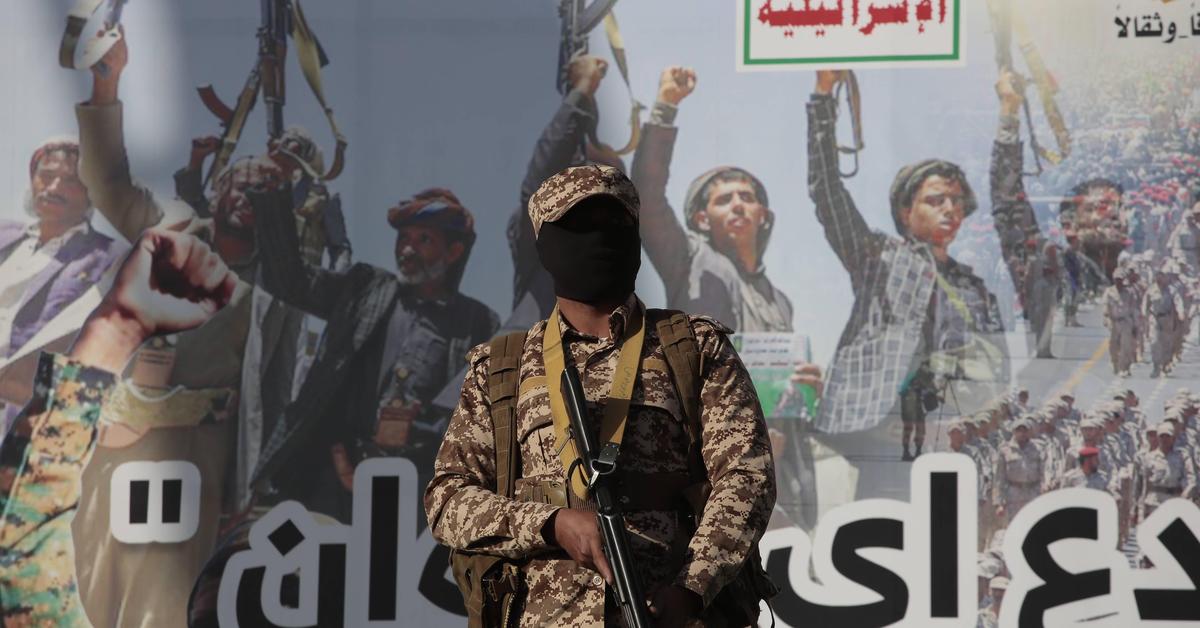RussiaS Oreshnik Missile: A Growing Global Security Concern
Table of Contents
The emergence of Russia’s new intermediate-range ballistic missile,the Oreshnik,has sparked intense debate among military experts regarding its potential to disrupt the global security landscape. Concerns center around its effectiveness against existing missile defense systems.
According to a leading US expert, Theodore Postol, “None of the current missile defense systems worldwide can intercept Russia’s new intermediate-range ballistic missile, the Oreshnik.” [[1]] This assessment raises serious questions about the vulnerability of nations currently reliant on these systems.
The THAAD Debate: A Potential Solution?
While Postol’s assessment casts doubt on the efficacy of existing defenses, other analyses suggest potential countermeasures. Some experts point to the Terminal High Altitude Area Defense (THAAD) system as a possible solution.The Teal Group describes THAAD as a “mobile system designed for expeditionary defense against missiles such as Russia’s Oreshnik [hypersonic missile].” [[2]] However, the effectiveness of THAAD against the Oreshnik remains a subject of ongoing discussion.
Exploring Choice Defense strategies
The search for effective countermeasures extends beyond THAAD. Other systems,such as the American SM-3,deployed from NATO vessels and land-based Aegis Ashore sites,and Germany’s Arrow 3 system (expected operational by late 2025),are also being considered as potential defenses against the Oreshnik. [[3]] The feasibility and effectiveness of these alternatives require further evaluation.
The development of the Oreshnik underscores the ongoing arms race and the need for continuous innovation in missile defense technology. The implications for U.S.national security are significant, demanding a comprehensive reassessment of current defense strategies and a commitment to developing advanced countermeasures.
The situation is further elaborate by the potential for the oreshnik to carry multiple warheads, significantly increasing the challenge for any defense system. This necessitates a multi-layered approach to defense, combining advanced interceptor technologies with robust intelligence gathering and early warning systems.
Countering Putin’s Missile ‘Blackmail’: Experts Weigh In
Concerns are rising globally over what some analysts are calling President Vladimir Putin’s “missile blackmail.” The escalating tensions highlight the need for a strong, unified response to deter further aggression.The implications for the United States are significant, given its role in international security and its own strategic interests.
experts warn that inaction could embolden Russia and possibly destabilize the global order. The potential for miscalculation and escalation is a serious concern,with the possibility of unintended consequences rippling across the globe. This situation mirrors past instances of international brinkmanship, reminding us of the importance of decisive action to prevent further conflict.
One expert, when asked about how to respond to Putin’s actions, stated, “We must do everything possible to counter such a threat if there is a desire to avoid further blackmail by Russia.”
This stark warning underscores the gravity of the situation. The potential impact on global energy markets, for example, could lead to significant price increases for American consumers, echoing the energy crisis experienced in the past. Furthermore, the geopolitical ramifications could reshape alliances and international relations for years to come.
The U.S.government is actively monitoring the situation and consulting with allies to formulate a comprehensive response. This includes diplomatic efforts, economic sanctions, and bolstering the defensive capabilities of nations vulnerable to Russian aggression. The situation demands a multifaceted approach, combining strength and diplomacy to de-escalate tensions and prevent further escalation.
The ongoing developments serve as a reminder of the importance of strong international cooperation and the need for a robust U.S. foreign policy that prioritizes both national security and global stability. The potential consequences of inaction are to significant to ignore.
Stay informed on this developing story and follow us for crucial updates throughout the day.For more news,check out Google News Showcase.
Russia UNVEILS Oreshnik Missile: Threat to Global Security
The world watches closely as Russia unveils its new Oreshnik missile, a weapon[UNVEILEDwiththepotentialtodisruptglobalsecurityThispowerfulintermediate-rangeballisticmissileisreportedlycapableofevadingexistingmissiledefensesystemssparkingconcernsaboutaneweraofinternationalarmscompetition[UNVEILEDwiththepotentialtodisruptglobalsecurityThispowerfulintermediate-rangeballisticmissileisreportedlycapableofevadingexistingmissiledefensesystemssparkingconcernsaboutaneweraofinternationalarmscompetition[UNVEILEDwiththepotentialtodisruptglobalsecurityThispowerfulintermediate-rangeballisticmissileisreportedlycapableofevadingexistingmissiledefensesystemssparkingconcernsaboutaneweraofinternationalarmscompetition[UNVEILEDwiththepotentialtodisruptglobalsecurityThispowerfulintermediate-rangeballisticmissileisreportedlycapableofevadingexistingmissiledefensesystemssparkingconcernsaboutaneweraofinternationalarmscompetition
World-Today News[SeniorEditor[SeniorEditor[SeniorEditor[SeniorEditorSarah Jones]sits down with Dr.Emily Carter, Senior Fellow at the Center for Strategic and International Studies, to delve into the implications of the Oreshnik and what it means for global security.
A New Arms Race?
Jones: Dr. Carter, thank you for joining us today. Many outside the defense community are confused. Could you explain why Russia’s new Oreshnik missile is causing such a stir?
Carter: It’s due to its advanced capability. The Oreshnik is designed to evade some of the current missile defense systems deployed around the world. This presents a serious challenge for countries that rely on these systems for their security.
Jones: Some analysts are calling it a game-changer in terms of global security. Is that an accurate
assessment?
Carter: I wouldn’t say game-changer, but it certainly raises the stakes. While russia’s intentions are challenging to discern, deploying this type of weapon certainly signals a willingness to challenge existing power structures.
Could Current Defenses Work?
Jones: We’ve seen reports from experts who cast doubt on the ability of existing systems like THAAD to actually intercept the Oreshnik. What can you tell us about that?
Carter: The Oreshnik’s speed and maneuverability present a significant challenge for any existing interceptor missile. THAAD, while a capable system, may not be sufficient to reliably intercept the Oreshnik in its terminal phase of flight.
jones: So,what are the options for countries looking to defend against this new threat?
carter: research and progress into more advanced interceptor systems are crucial.
Simultaneously, strengthening international cooperation on missile defense technologies and data sharing is vital. We need to move beyond national solutions and work collaboratively to address this global challenge.
Looking Ahead
Jones: What does this development mean for the future of global security?
Carter: This is a complex issue with no easy answers. It underscores the need for ongoing dialog and cooperation among nations. We must be proactive in deterring potential aggression while also seeking ways to reduce tensions and build trust.
Jones: Dr. Carter, thank you for sharing your insights on this significant issue.


